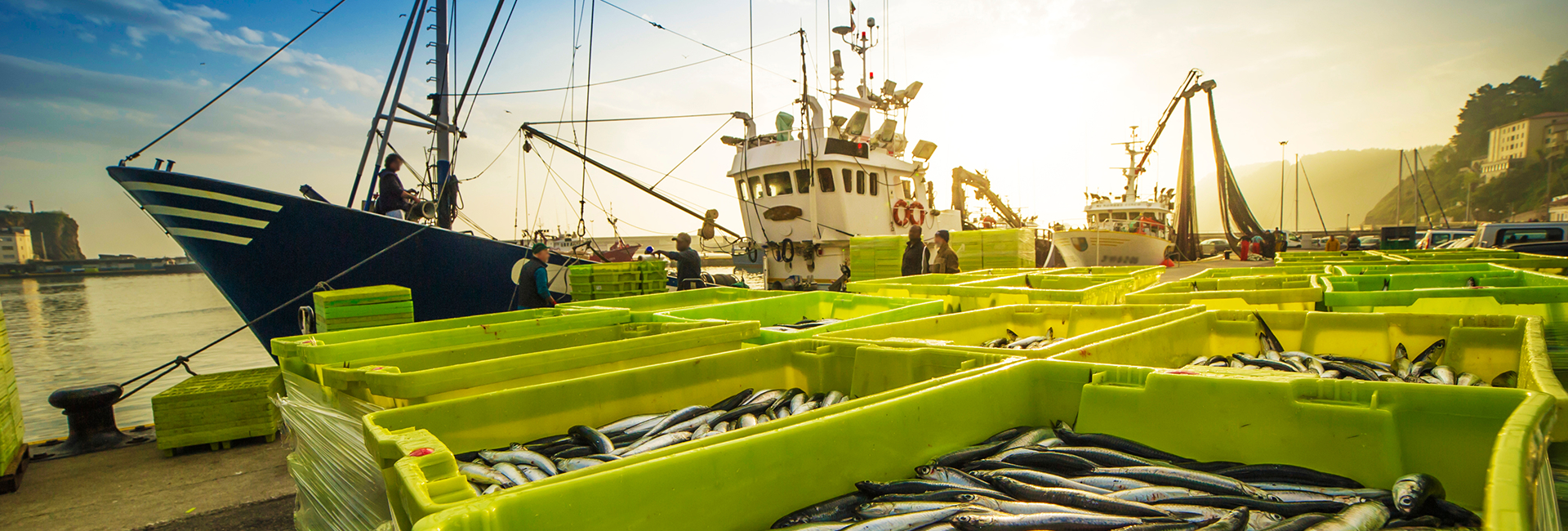
Piracy continues to pose a major threat to the global shipping industry, endangering vessels, cargo, and the lives of crew members. Shipping companies must therefore adopt inclusive anti-piracy strategies to safeguard their operations. As piracy tactics evolve, relying on traditional methods alone is no longer enough.
A multifaceted approach, including technology, personnel training, and expert anti piracy services, is essential in ensuring the safety and security of vessels. Engaging professional anti-piracy services, such as armed close protection security, provides an added layer of protection against threats at sea.
Risk assessment and intelligence gathering:
The first step in any anti-piracy plan is conducting a thorough risk assessment. Shipping companies must continuously monitor piracy hotspots worldwide and assess the risk level for each voyage. Gathering intelligence about piracy trends, attack patterns, and the latest security threats allows operators to make informed decisions about their routes and security measures. Engaging with maritime security firms that specialize in intelligence gathering can provide up-to-date reports and analysis to avoid high-risk areas or take preventive actions when necessary.
Onboard security personnel:
One of the most effective ways to protect a vessel from piracy is by deploying trained onboard security personnel. These specialists are skilled in dealing with piracy threats and are capable of responding quickly to prevent boarding attempts. Having armed security officers onboard improves the vessel’s deterrence factor and ensures a rapid and effective response in the event of an attack. Shipping companies should work with security firms to provide highly trained professionals who understand maritime safety and anti-piracy protocols.
Use of advanced surveillance technology:
Modern surveillance technology plays a key role in detecting threats before they escalate. Anti-piracy services often include the installation of radar systems, satellite tracking, and infrared cameras to monitor surrounding waters. These systems provide real-time information on approaching vessels, allowing crews to respond early to any suspicious activity. Early detection is important in taking preventive action, such as altering the vessel’s course or activating additional security measures.
Non-lethal anti-piracy measures:
Non-lethal measures, such as water cannons, sound deterrents, and physical barriers, can significantly reduce the risk of piracy. Many anti-piracy service providers offer equipment designed to repel attackers without causing harm. Water cannons, for example, are effective in creating distance between pirates and the vessel. Acoustic devices that emit high-frequency sounds can also deter attackers from boarding, making these measures important components of an inclusive anti-piracy strategy.